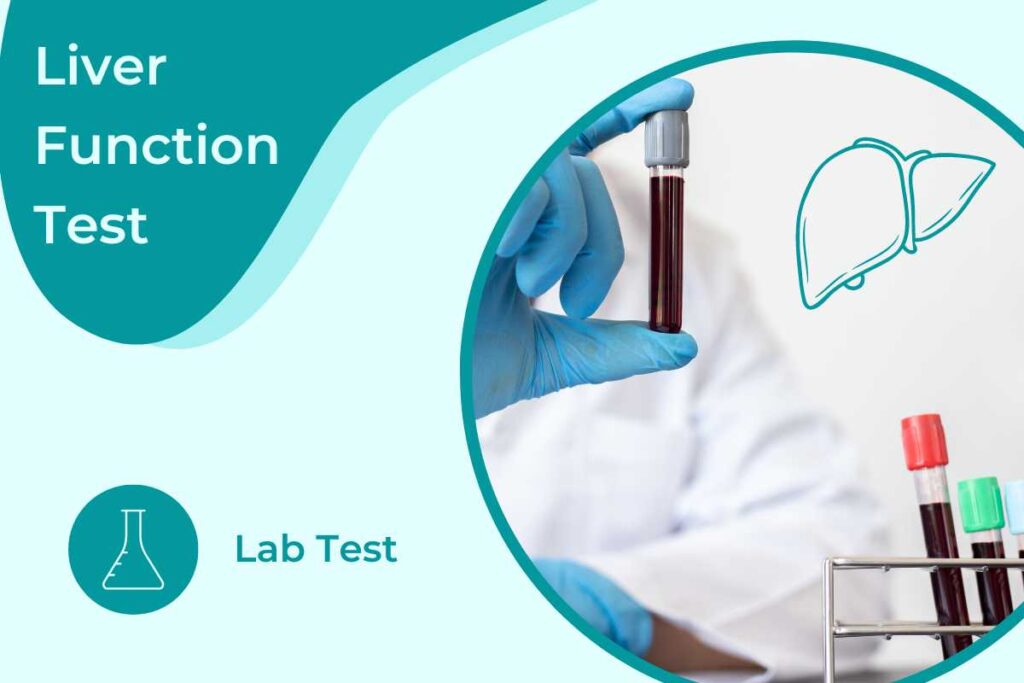Hepatitis B: A Serious but Manageable Condition
Hepatitis B is a viral infection that affects the liver and can cause severe liver damage, liver cancer, and death if left untreated. It is caused by the hepatitis B virus (HBV) and transmitted through contact with infected blood, semen, or other body fluids. Diagnosis is made through blood tests, and symptoms can vary from no symptoms to flu-like symptoms, nausea, vomiting, abdominal pain, and jaundice. Conservative management options include rest, hydration, and a healthy diet while avoiding alcohol and medications that may harm the liver. Seeking medical attention immediately is crucial if you suspect you have hepatitis B.



